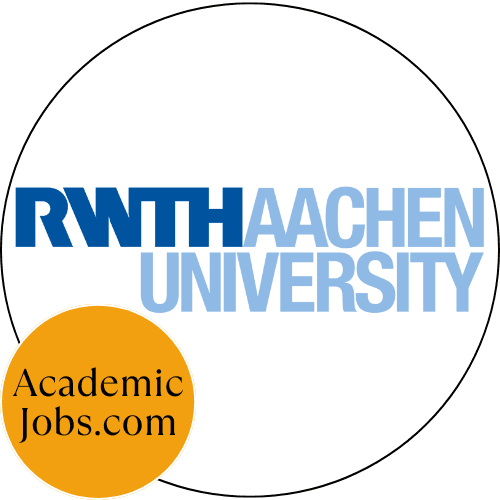

At Rheinisch-Westfälische Technische Hochschule (RWTH) Aachen, located in Germany, salary expectations for academic and administrative staff are primarily determined by the German public sector pay scale, known as the Tarifvertrag für den öffentlichen Dienst der Länder (TV-L). Salaries are based on factors such as role, academic rank, years of experience, and specific field of expertise. For professors, the W-Besoldung scale applies, which offers higher pay bands depending on seniority and research achievements. While RWTH Aachen does not publish individual salary details, the university adheres to transparent pay structures mandated by federal and state regulations, ensuring standardized compensation across public institutions in Germany. Exact figures can often be referenced through public sector salary tables available via government resources.
Salaries at RWTH Aachen are generally competitive within the German public sector, aligning with national benchmarks for higher education institutions. Progression often depends on achieving higher academic ranks or securing external research funding, which can supplement base pay. As a public university, compensation reflects broader governmental policies, ensuring stability but sometimes limiting flexibility compared to private sector roles. For international candidates, these salaries provide a reliable standard of living, though they may vary slightly due to regional cost-of-living differences in North Rhine-Westphalia.
There are currently no jobs available.
Get alerts from AcademicJobs.com as soon as new jobs are posted